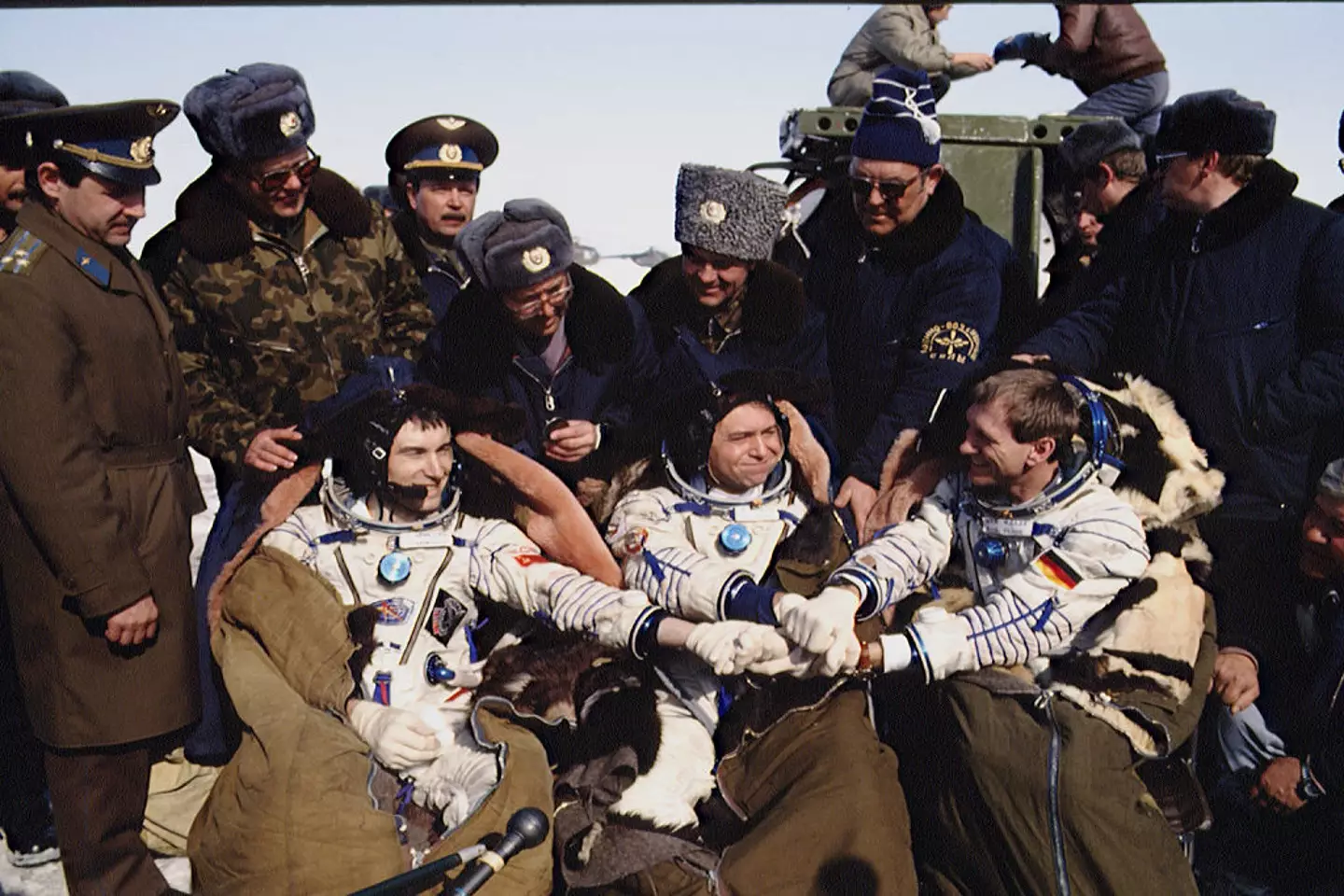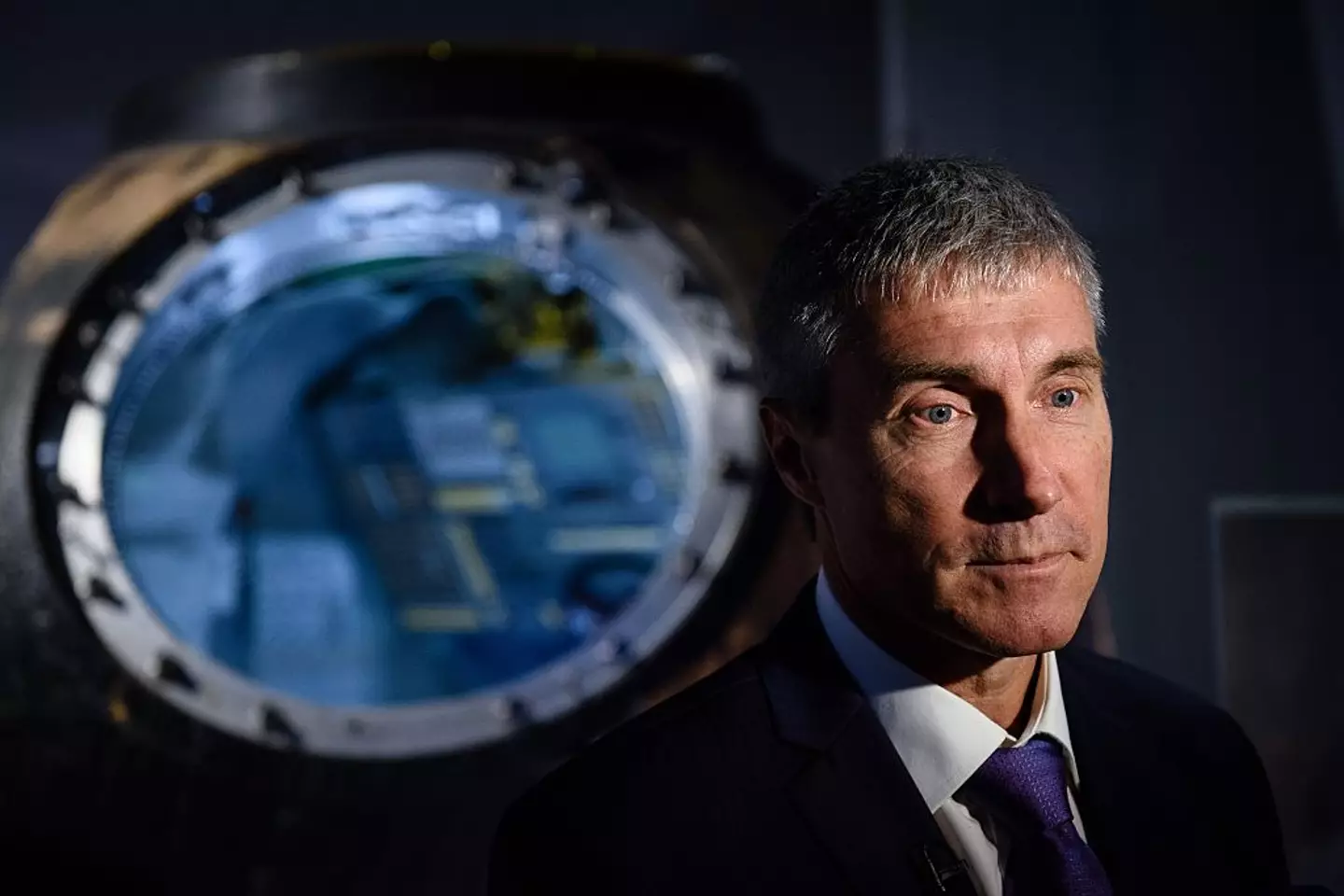
As long as there's a happy ending, we love a good astronaut stuck in space story. We're not just talking about Matt Damon being rescued in Ridley Scott's The Martian, with the eyes of the world currently on stranded NASA astronauts Suni Williams and Butch Wilmore.
While their original mission was only supposed to take eight days, a fault with their Boeing Starliner means they've been stuck aboard the International Space Station for 256 days...and counting.
You might think that Williams and Wilmore will be paid handsomely for their unprecedented stay, after all, it's not their fault they're stuck on the ISS. Instead, it's thought they’ve only earned about an extra $1,000 compared to what they'd normally get paid. Considering they've missed birthdays, Thanksgiving, and Christmas, some might argue it's unfair compensation.
Then again Williams especially has reiterated we shouldn't call the pair 'stranded'.
Advert

Elsewhere, one astronaut found himself worrying about money when he was left up in space for a jaw-dropping 311 days when his country stopped existing.
Over his entire time, Cosmonaut 3rd Class Sergei Krikalev spent a whopping 803 days, 9 hours, and 39 minutes in space by the time he retired as a cosmonaut in 2007. A massive chunk of that was the 311 days he spent marooned on the Mir Space Station when his country stopped existing. Known as the 'last Soviet citizen', Krikalev faced an unexpected challenge when the Soviet Union was dissolved on December 26, 1991. With the Baikonur Cosmodrome and his planned landing site falling under the newly independent Kazakhstan, he soon found himself up in the stars for twice as long as he was supposed to.
Discussing his ordeal while still trapped on Mir in a 1992 interview with the LA Times, Krikalev explained he was only earning a monthly salary of 500 rubles. This was $2.50 at the free-market exchange rate at the time, and at a point when prices were going through the roof, we imagine he was pretty concerned.
Advert

Expanding on his fate at the time, the article writes: "The lads at Mission Control are threatening to go on strike over their miserable wages, a development that could further delay Krikalev’s homecoming."
Saying that the Soviets once had the world's most 'ambitious' space program, it was apparently "undermined by budget cuts and political squabbles among the former Soviet republics." Even then, there were questions about who now owned the Baikonur Cosmodrome.
More than spending his hours orbiting the Earth 16 times a day and thinking about his measly wage packet, Krikalev spent his time trying to fix the 'leaky' space station.
Advert
Thankfully for the Soviet cosmonaut, the interview was taken not long before his return to Earth on March 25, 1992. Being stuck in space didn't seem to deter Krikalev, who returned to the cosmos for a final mission aboard the Space Shuttle STS-60 in February 1994.
